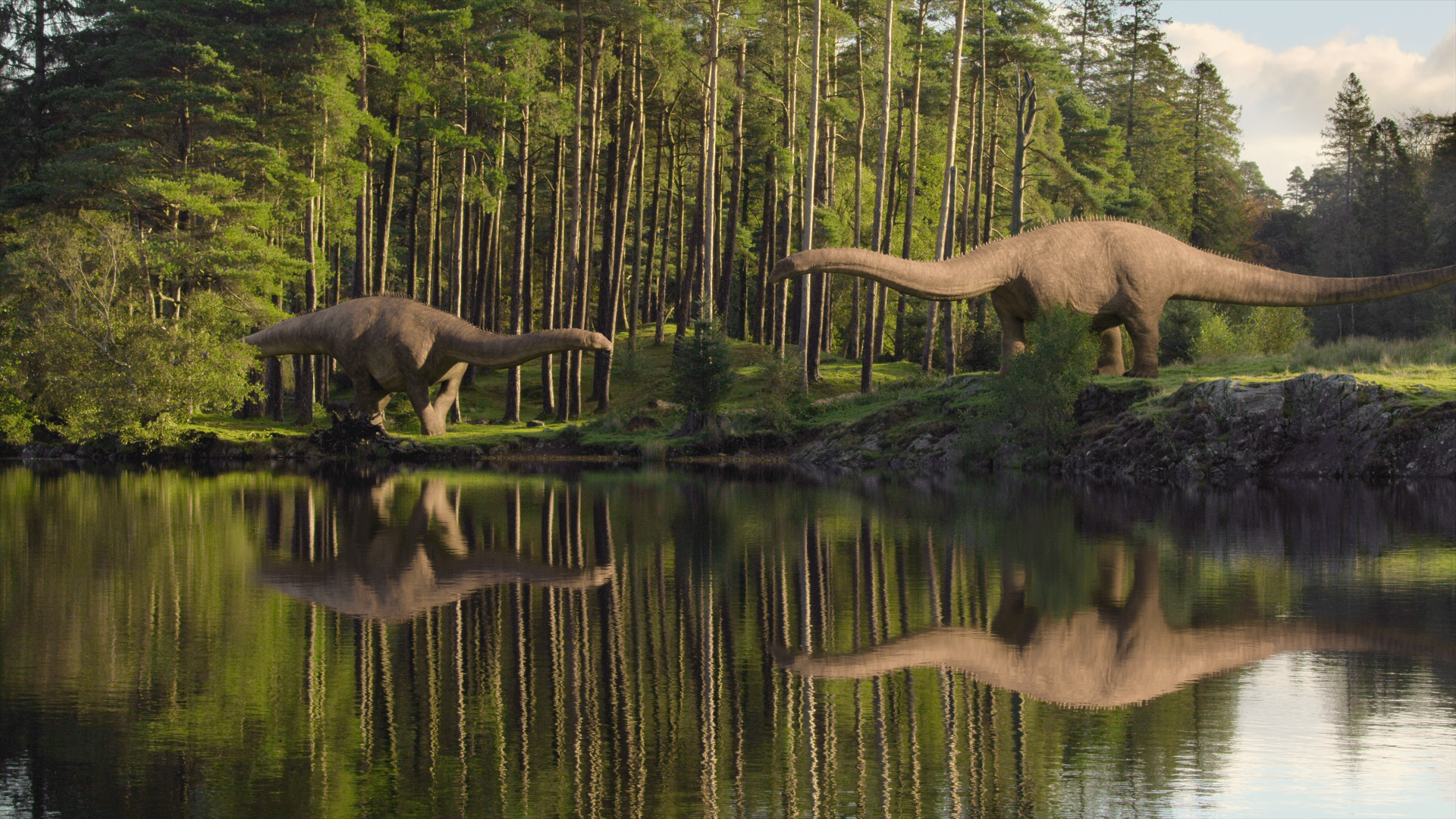Melanie
Well-known member

The new Netflix series Life on our Planet tells the story of life during different geological eras. Steven Spielberg is among the executive producers. Narrated by Morgan Freeman. Air time 25 October 2023.
More information about the series which will contain eight episodes

 www.thesun.co.uk
www.thesun.co.uk
More information about the series which will contain eight episodes

Inside Netflix's biggest documentary with A-list host and prehistoric beasts
NETFLIX have teased a huge new prehistoric documentary series set to premiere this autumn, narrated by Morgan Freeman. From executive producer Steven Spielberg, Life on Our Planet premieres this Oc…
Last edited:




